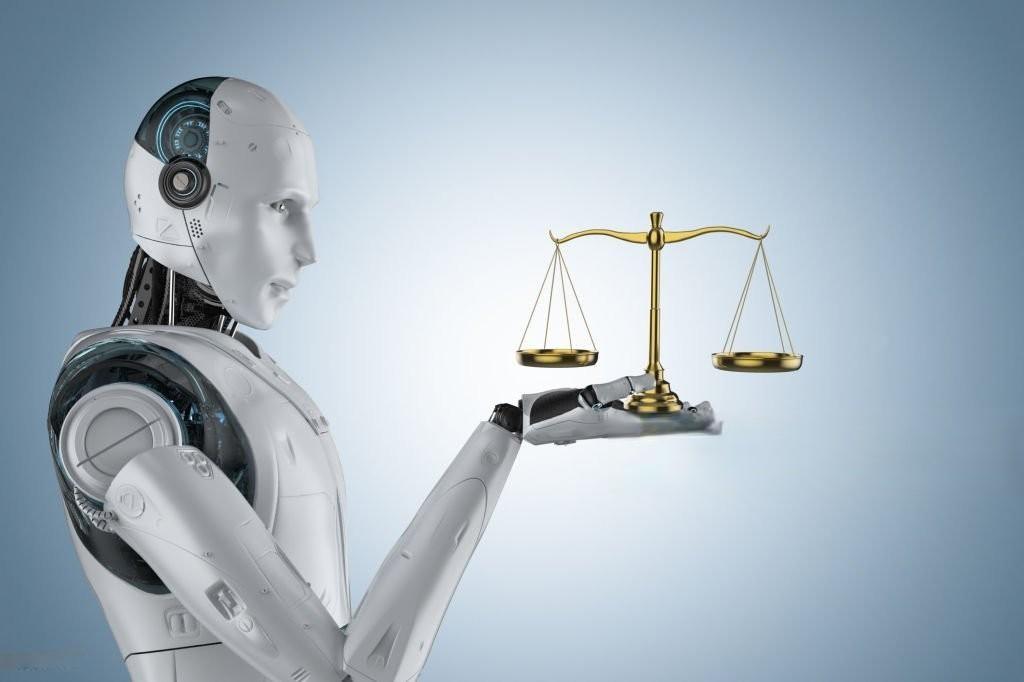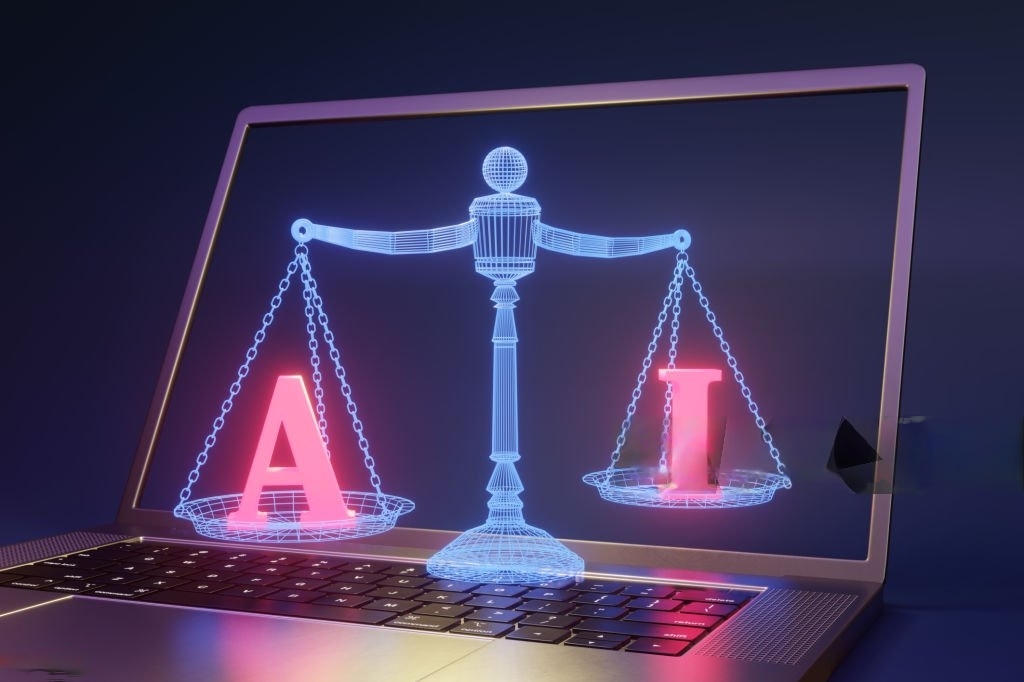AI Governance Introduced

The introduction of artificial intelligence is taking us closer to a future that will be full of amazing advancements; Yet, it also means that ethical governance is more important than ever. As the artificial intelligence business has seen stratospheric growth, it has become clear that there is an urgent need for strong frameworks that can guide the development of AI and ensure that it will have a good impact on society. In this list, the foundations of artificial intelligence governance will be discussed, as well as the reasons why these principles are important for the future of our society.
2. Ethics in AI Governance
Ethical issues have a major impact on the development and use of artificial intelligence technologies, which is why ethics play such an important role in the governance of AI. Assuring that the principles of equality, transparency, accountability, confidentiality and non-discrimination are upheld is of utmost importance.
1. Transparency in AI Systems
If AI systems are upfront about themselves, users and stakeholders will have a greater chance of trusting them. Because of the growing desire for explanations that are open and honest regarding the decisions that are made by artificial intelligence, it is becoming increasingly vital to have a deeper understanding of the processes and mechanisms that are at work. This component of artificial intelligence governance ensures that individuals are not susceptible to being deceived or confused as a result of the opaque nature of complex algorithms.
3. Ethical Considerations
Given that artificial intelligence can either exacerbate or alleviate existent biases, it is of the utmost importance to take ethical considerations into serious consideration. The issues that have been raised about the fairness and transparency of AI systems need to be resolved. Through this particular facet, the significance of developing and utilizing artificial intelligence that maintains principles such as fairness, social justice, diversity, and human rights is brought to light. An example of this would be the claim that facial recognition software encourages discrimination based on race and gender.
1. Risk Management in AI Governance
AI governance needs to take into consideration the potential risks that may arise from the development and application of AI systems. There are many different types of hazards, some of which include ethical considerations, technology flaws, and unanticipated effects. By conducting impact assessments and conducting periodic audits, which are two essential components of effective risk management, we will be able to lessen the severity of these risks and guarantee that they will ultimately be mitigated.
4. Regulatory Frameworks
The necessity for legislative actions that can match the rate of AI development is a challenge for governments around the world. To safeguard the public from possible harm caused by AI misuse or malfunction, it is necessary to establish clear, enforceable standards. This will level the playing field for companies. To promote ethical AI development, regulatory frameworks should find a middle ground between allowing for innovation and providing enough protection.
5. Collaboration and Stakeholder Engagement

When it comes to the complex and multi-stakeholder undertaking that is artificial intelligence governance, governments, corporate moguls, academics, parliamentarians, and members of civil society all need to collaborate. An open conversation can be beneficial to the process of developing regulations and laws about artificial intelligence (AI) since it can ensure that all points of view are taken into consideration. Working together with all of the involved parties.
1. Data Privacy and Security
Data, which is typically personal, is the primary source of power for artificial intelligence (AI). Maintaining the confidentiality of personal information and ensuring that it is protected is an essential component of effective governance.
The processing of data that is used for artificial intelligence purposes must be carried out with the utmost caution, with the explicit consent of the individual, and in line with their rights. This can only be accomplished by stringent regulation.
This component of artificial intelligence governance is essential because of the gravity of the potential repercussions that might arise from data breaches and violations of privacy requirements.
6. Accountability and Responsibility
It is not common for artificial intelligence systems to make decisions in a convoluted manner with unclear lines of authority. AI governance is a procedure that tries to hold persons accountable for actions involving artificial intelligence (AI) and ensure that suitable protocols are in place to deal with unanticipated effects. Responsible AI practices may be established and enforced through AI governance. The establishment and maintenance of public trust in artificial intelligence technologies is highly dependent on this component.
7. International Collaboration
Policymaking ought to take into account the fact that artificial intelligence ignores borders. It is necessary for nations to collaborate on a global scale to standardize AI practices and standards. This will ensure that all nations can reap the benefits of artificial intelligence in the same manner.
This opens the door for a worldwide effort to support the development of ethical artificial intelligence while simultaneously addressing challenges that are shared by everyone. As technology continues to advance, the significance of international collaboration in the creation of governance frameworks that are comprehensive and effective for artificial intelligence will increase.
To summarize, the ultimate goal of AI governance is to make use of artificial intelligence in a way that has a positive impact on society. This is a process that is continuous and requires collaboration and vigilance from all of the parties involved.
8. Public Awareness and Engagement
When decisions on the governance of artificial intelligence are being made, there should be open discussion and debate. Learning about and having an impact on the legislation that will govern artificial intelligence systems is something that the general community has a vested interest in engaging in. The participation of the community, educational programs, and open talks are all ways in which our approach to the governance of artificial intelligence may be made more inclusive and well-informed.
If we include the general public and pay attention to their worries and concerns, we will be able to reap the benefits of increased transparency and accountability in our artificial intelligence (AI) activities. If public awareness campaigns are carried out, people may be better informed about the benefits of artificial intelligence (AI).
These efforts may also help spread the word and rally behind ethical research and development of AI. To summarize, effective governance of artificial intelligence necessitates the participation and awareness of the general population. The research and implementation of artificial intelligence should be given priority.
Conclusion
Our goals and hopes for the future are mirrored in our capacity to exercise effective control over artificial intelligence, which is a problem that extends beyond the realm of legislation or technology alone. Providing that we develop governance structures that are open, ethical, and thoughtful of all parties involved, we will be able to fully employ artificial intelligence for the good of mankind. This endeavour will never come to an end, which means that future generations will have the opportunity to look forward to a society that is safer, more egalitarian, and more imaginative.
Allow us to strive toward the creation of an artificial intelligence that is kind and beneficial to everyone. As a result, we ought to make the governance of artificial intelligence a key priority and work toward the creation of a future in which AI contributes to society. It is within our power to build a society that is fairer and more equitable for everyone if we responsibly control artificial intelligence.
You May Like These Posts Also 🙂




Pingback: Crypto OTC Trading - My Best Niches